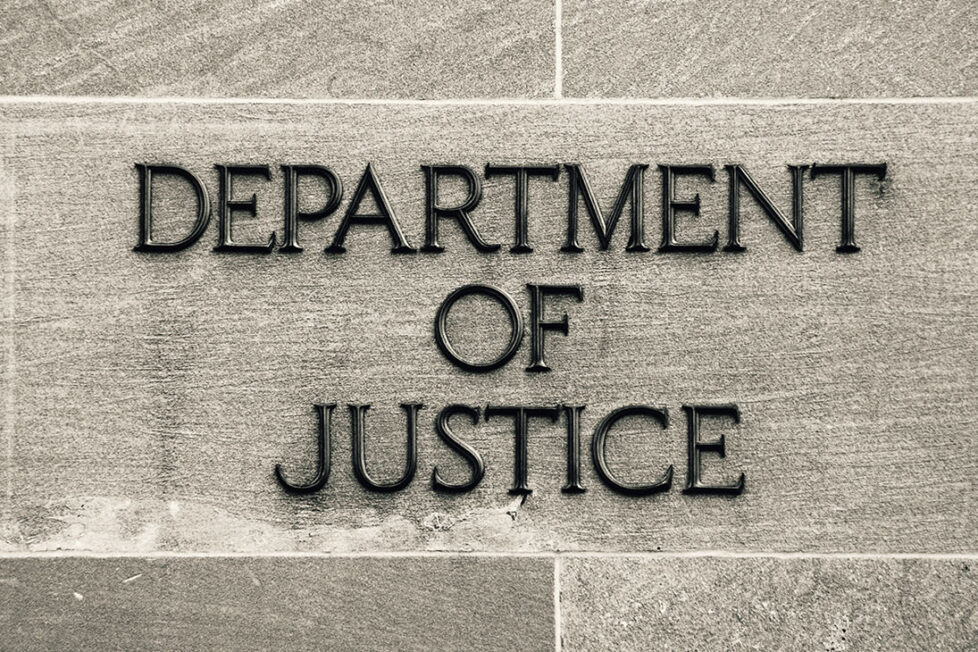Justice Department unveils damning report exposing racial bias, unconstitutional practices in Minneapolis Police Department


By: Stacy M. Brown / NNPA
In the aftermath of the tragic killing of George Floyd during a police arrest three years ago, the federal government launched an investigation into the Minneapolis Police Department.
On Friday, June 16, the Justice Department released a comprehensive report revealing systemic abuses and discriminatory actions within the department.
Floyd’s death sparked widespread protests and furthered calls for police reform.
The DOJ’s report concluded that there was “reasonable cause to believe” that police officers had engaged in a “pattern or practice of conduct that deprives people of their rights under the Constitution and federal law.” Assistant Attorney General for Civil Rights, Kristen Clarke, highlighted instances where Minneapolis officers had used excessive force against protesters without legal justification.
“We witnessed officers pushing and pepper-spraying demonstrators who posed no threat,” Clarke stated.
The investigation’s findings encompassed discrimination and violence against minorities, including Black and Native Americans, particularly in the third precinct of Minneapolis.
Aggressive officers who requested to work there enjoyed a reputation within the department as “cowboys.”
Attorney General Merrick Garland emphasized that Minneapolis police had repeatedly violated the free speech rights of protesters and journalists.
He revealed that officers often resorted to saying, “You can breathe; you’re talking right now,” when placing individuals in chokeholds, indicating a callous disregard for their safety.
Garland further affirmed that federal investigators had uncovered evidence of excessive force and unconstitutional behavior by the Minneapolis police, including racially biased practices targeting Black and Native American communities.
He unequivocally stated, “The observed patterns and practices made what happened to George Floyd possible.”
Earlier in the day, Garland reached out to Floyd’s family, acknowledging his tragic death’s profound and lasting impact on Minneapolis and the nation.
“His loss continues to resonate deeply among those who knew and loved him, as well as many who did not,” he expressed.
Garland disclosed that the Justice Department and city officials had tentatively agreed to enter negotiations to reach a court-enforced consent decree.
The agreement would provide a framework for reform and involve input from residents and police officers.
Associate Attorney General Vanita Gupta emphasized that the consent decree would pave the way for meaningful and lasting change in Minneapolis, offering a pathway toward rectifying the systemic issues within the police department.
Minneapolis Mayor Jacob Frey commended the DOJ.
“We understand that change is non-negotiable,” Frey stated.
